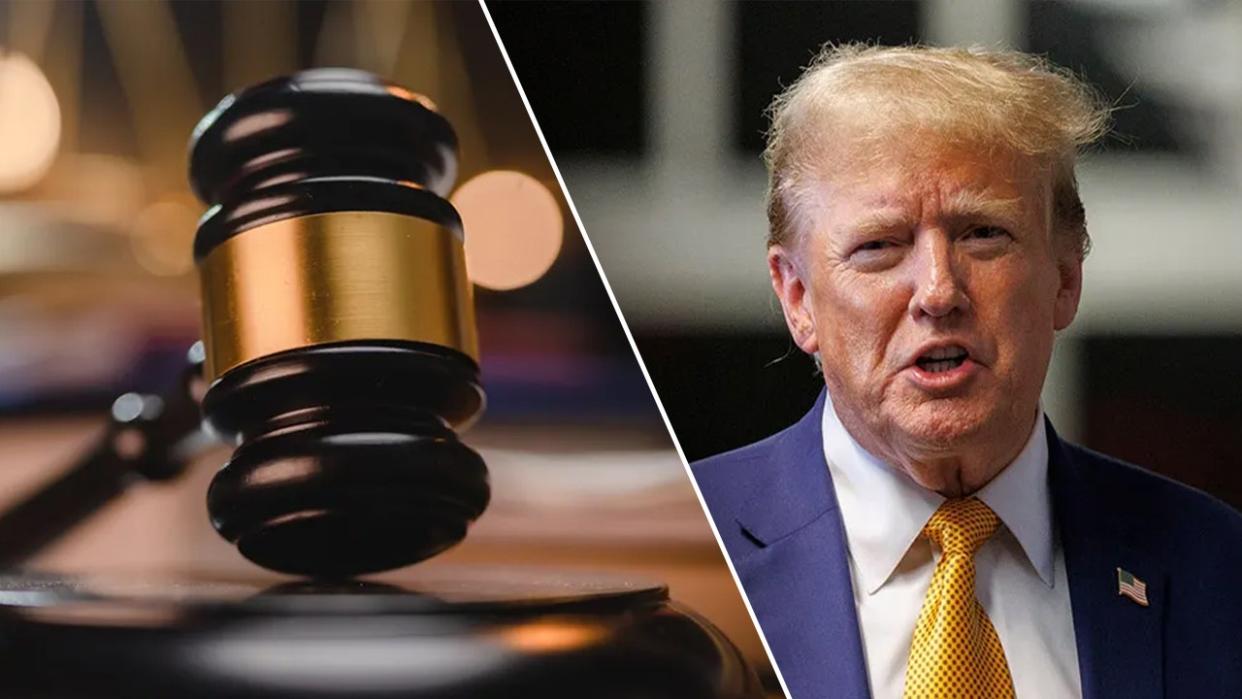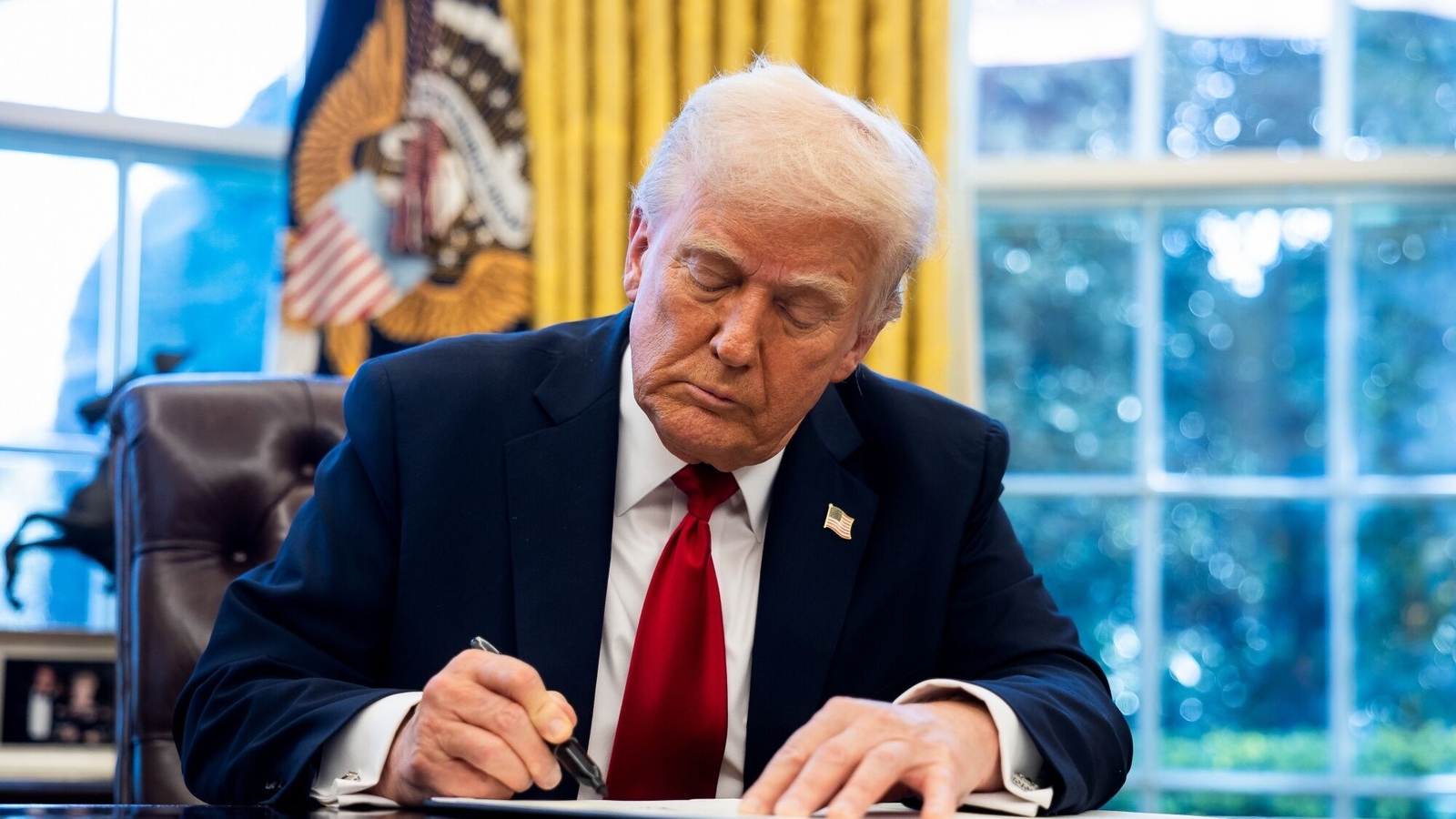On March 15, 2025, President Donald Trump signed an executive order targeting the U.S. Agency for Global Media (USAGM), the parent organization of Voice of America (VOA), leading to significant layoffs and operational changes.
All full-time VOA employees have been placed on administrative leave, preventing them from accessing their offices and equipment. At the same time, contractors, many of whom are non-U.S. citizens, received notifications terminating their contracts effective March 31. The USAGM, which oversees VOA and other U.S.-funded media outlets, previously reported a workforce of 3,384 employees in the 2023 fiscal year and had requested $950 million for the current fiscal year.
The White House has defended the decision, criticizing VOA for allegedly disseminating content that aligns with foreign propaganda and labeling the agency as “exceedingly partisan.” However, critics argue that these cuts will weaken U.S. influence worldwide. Media advocates warn that defunding VOA and similar outlets could embolden authoritarian regimes and diminish U.S. credibility in promoting democracy and press freedom. The move is also expected to create significant information gaps in regions where independent journalism is already scarce, potentially benefiting adversarial nations.
The layoffs also raise concerns about the safety of journalists, particularly those working in restrictive media environments. Many reporters and sources who rely on VOA for protection and legitimacy now face an uncertain future.
VOA, established during World War II, has played a critical role in countering misinformation and promoting democratic values. The network broadcasts in 49 languages and reaches audiences in countries with limited media freedom. The Trump administration’s restructuring of USAGM is part of a broader effort to reduce the size of the federal government, which has included mass terminations of federal employees across various agencies.
With these sweeping changes, the future of U.S.-funded international broadcasting remains uncertain as stakeholders assess the long-term implications of the decision.




